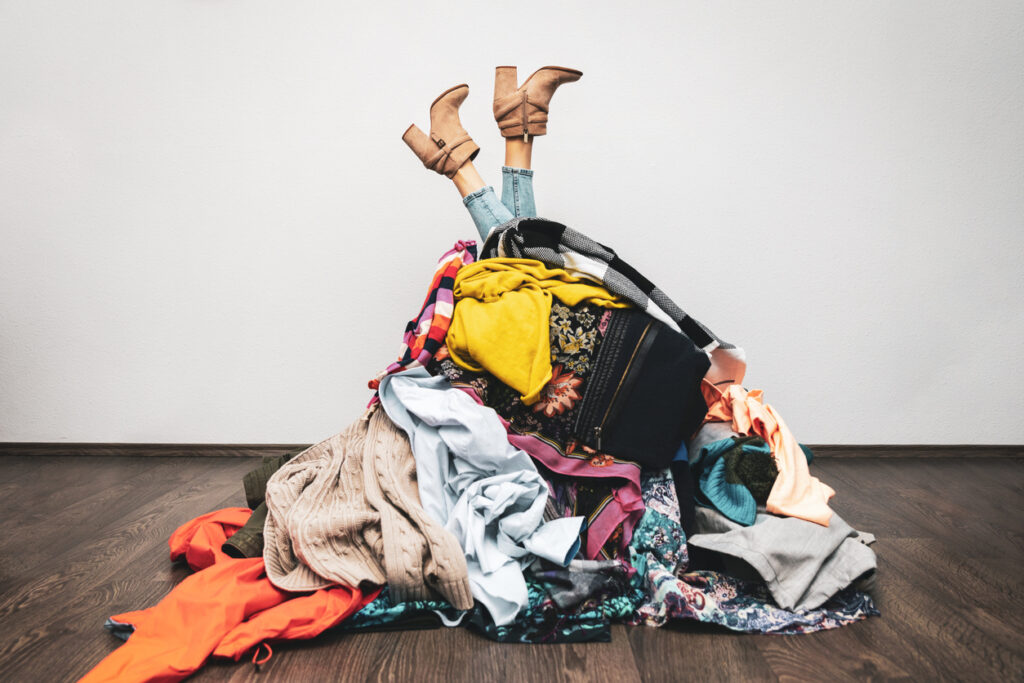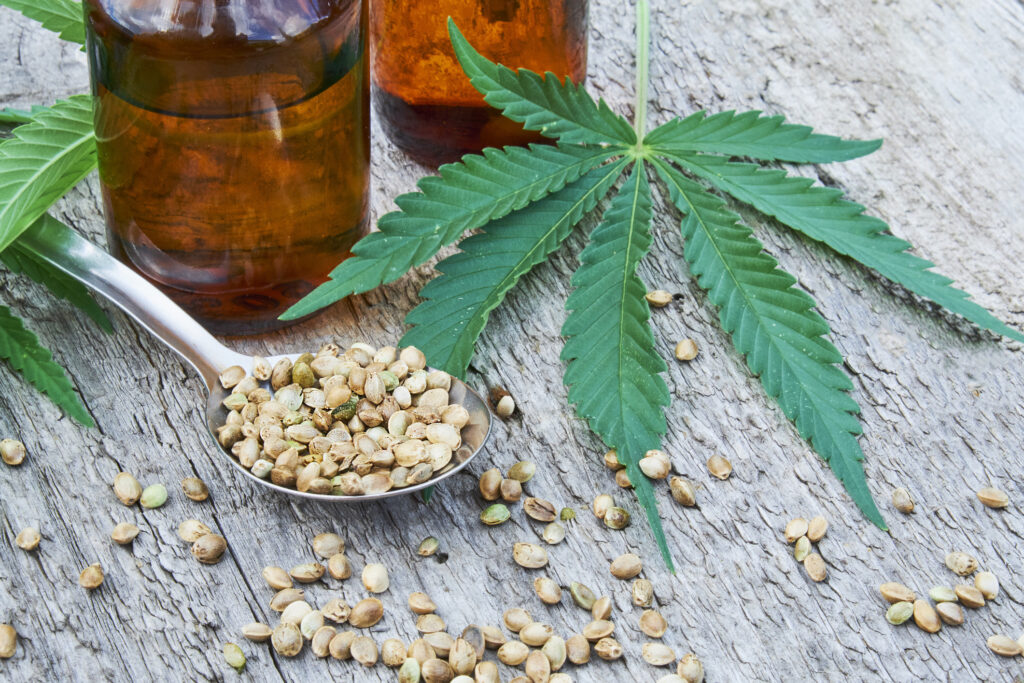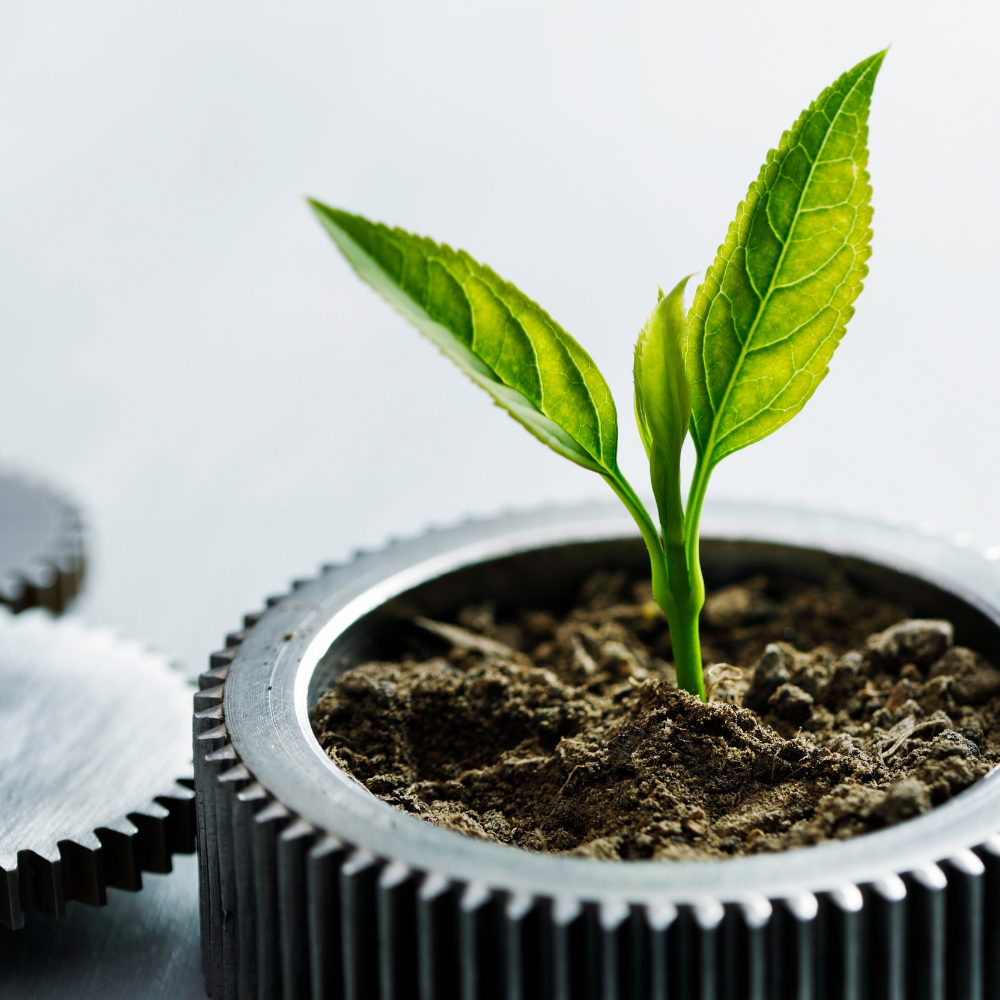We seem to be surrounded by the word “sustainability”. We heard it practically everywhere in the last two years, especially since climate change and environmental issues are slowly becoming a central topic in political and social debates. At the same time, however, they often seem like huge issues which require actions on a very large scale. Therefore, when reading or learning about climate change, we may feel overwhelmed and useless.
However, although it is true that we need big solutions to address some problems like climate change, it is also true that every little action counts. This means that we don’t have to feel hopeless but that, on the contrary, we can contribute to improving our environment. Sustainability, therefore, is not just some vague too technical solution to too complicated problems. It’s rather an approach that tries to limit our impact on the surrounding environment, by respecting and taking care of it.
It’s not hard to be more sustainable: you just have to know how! For this reason, this article will offer some suggestions to make sustainability easier by starting precisely from the place where we spend most of our time (especially in these last two years): our houses!

Let’s not forget that sustainability is principally about reusing, recycling and trying to create the least waste possible. This is surely easy when it comes to cooking: waste from a receipt can easily become ingredients for another! On the other hand, the food that we inevitably throw away can easily become compost for our gardens. While in the kitchen, we should also not underestimate the quantity of plastic that we usually produce not only because of food packaging but also because most of the cleaning products are made of plastic as well! There are many solutions to that: one of the most popular so far is to shop for cleaning products in sustainable stores, where we can bring our recipients with us and fill them. In this way, we’ll avoid producing a huge, useless, amount of waste. Another important source of plastic waste is water bottles, which can be easily substituted with jugs to be filled with tap water.

Plastic, known to be one of the worst enemies of the environment, can also be found in high quantities in our bathrooms. What some do not know is that most of the beauty and washing products we normally use, apart from having plastic packaging, also have a chemical formula that contains particles derived from petroleum, which highly polluted waters. The best thing to do is always to check the products you buy: an easy way to sort them out is to look for products certified by vegan and environmental-friendly associations. In our bathroom, we also may want to be careful with the amount of water we use when showering! One useful trick could be to time how much time we spend in the shower: it’s an easy way to improve our water footprint!
Another important thing to look out for is the quality of the product we buy. This is true for almost everything: from clothes to cleaning products, the better the quality, the less probable it is that we are going to throw them away fast. When possible, such as with clothes, books or furniture, it can be worth giving a try to second-hand markets.
There are many more actions we can do to ensure our houses have the least impact possible on the environment. Some are more expensive, such as installing underfloor heating, better insulating our houses or even installing solar panels. Others are as easy and simple as always turning off our lights when walking out of a room, turning the water off while nobody’s using it and trying to turn off our wifis when sleeping. As said before, every little thing counts. Together we can all make a difference.



